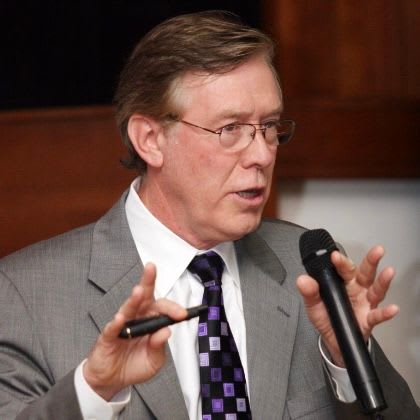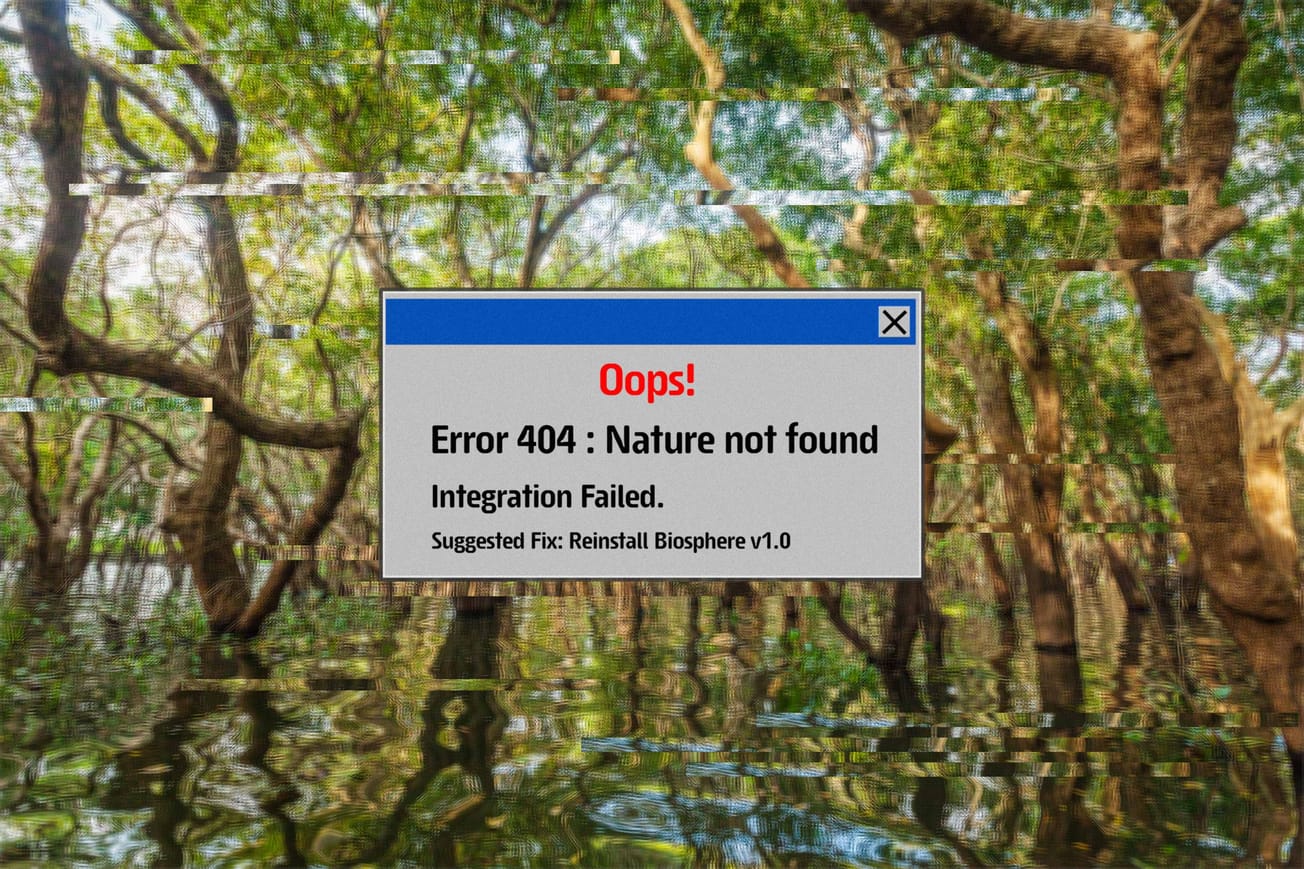Our struggle against climate change—an urgent, collective endeavor demanding shared sacrifice—has stumbled significantly. Despite clear scientific consensus and visible climate disruptions worldwide, we have failed to overcome powerful institutional resistance. Fossil fuel corporations, national governments, and financial giants have largely chosen short-term profits and political expediency over meaningful action to curb greenhouse gas emissions. This has resulted not from technological shortcomings or lack of scientific clarity, but from an entrenched unwillingness by those most capable of effecting change.
Major oil corporations, once eager to present green facades, have reverted to aggressive fossil fuel extraction. Shell and BP exemplify this retreat, scaling back renewable investments and quietly diluting climate targets to placate shareholders. Shell’s Energy Transition Strategy 2024 revealed troubling backtracking on its earlier emission commitments, while BP openly reversed its greener ambitions, significantly increasing fossil fuel investments and abandoning substantial renewable energy initiatives. US-based giants Chevron and ExxonMobil never genuinely embraced comprehensive decarbonization, remaining steadfast in fossil fuel reliance while touting modest operational efficiencies and technological solutions such as carbon capture—strategies insufficient to meet global climate imperatives.
Governmental policy reversals compound corporate failings. In the United States, climate regulations have been systematically dismantled. Under new EPA leadership, climate-related rules are being dismantled, reversing earlier efforts aimed at emissions reduction. Simultaneously, federal drilling permits continue to rise, directly contradicting climate pledges. The Trump administration’s abrupt dismissal of nearly 400 climate scientists working on the Sixth National Climate Assessment underscores the deliberate undermining of scientific advice necessary for informed climate policy.
The United Kingdom’s retreat from climate leadership further exemplifies governmental backsliding. Prime Minister Sunak’s administration delayed key decarbonization targets, pushed back timelines for phasing out fossil fuel vehicles and heating systems, and recommitted to ongoing North Sea oil extraction, all under the guise of pragmatism and economic stability. These decisions send dangerous signals, diluting global urgency.
State-owned fossil fuel enterprises, often overlooked, deepen this crisis. Companies like Saudi Aramco, PetroChina, and Gazprom, accountable directly to their governments, are ramping up fossil fuel production despite international climate commitments, highlighting a troubling governmental complicity in perpetuating the climate emergency.
Financial institutions have similarly faltered. Once vocal proponents of Environmental, Social, and Governance (ESG) principles, major banks and investment firms are abandoning climate alliances under intense political backlash, particularly in the United States. Prominent institutions including JP Morgan and Morgan Stanley withdrew from the Net-Zero Banking Alliance, reducing essential pressure on high-emission industries. Legal threats from conservative state governments further incentivize financial entities to prioritize immediate returns over long-term environmental sustainability.
Even market dynamics reinforce this troubling trajectory. Coal has seen a resurgence in the US due to short-term economic factors, despite its devastating climate impact. Globally, China, India, and Indonesia have also substantially increased coal consumption, driven by economic expediency and energy demands. This underscores the inadequacy of relying solely on market forces to drive essential climate action.
Yet, while institutional failure is evident, surrender is not inevitable. This moment demands a strategic pivot. Personal adaptation and resilience must be developed to cope with unavoidable climate impacts, but deeper, transformative change hinges on robust social movements. Grassroots activism, litigation, civil disobedience, and strategic confrontation of entrenched interests emerge as essential pathways for reclaiming our collective future.
Moreover, reframing the climate narrative is critical. Rather than fostering anxiety, climate messaging must emphasize the tangible rewards of sustainable living, tapping into deeper, timeless wisdom found across spiritual and philosophical traditions. Christianity, Buddhism, Taoism, Indigenous knowledge, and thinkers like Thoreau remind us to listen deeply to nature’s inherent wisdom, cultivating resilience and motivating meaningful engagement.
Mirroring Europe's cultural model—prioritizing leisure, civic engagement, and sustainable consumption—offers a tangible template. European societies demonstrate that reduced working hours and robust social safety nets not only maintain productivity but enhance societal well-being and environmental stewardship. Encouragingly, American youth increasingly embrace these values, seeking balance, purpose, and leveraging AI and automation to reduce workloads. These shifts are critical, potentially steering the US towards a sustainable, engaged, and resilient society.
The failure of current institutions underscores a broader systemic flaw—our economic and political systems prioritize short-term profit maximization, inherently incompatible with climate stability. To move forward, we must fundamentally challenge this paradigm. Social movements offer the most potent avenue, capable of reshaping political landscapes through persistent, strategic pressure.
While the battle against climate change has faltered, the war for a sustainable future remains winnable. By embracing resilience, reframing narratives, shifting societal values towards sustainability and community, and mobilizing collective power, we can confront institutional inertia. This moment calls not for despair but for determined, unified action, guided by the timeless wisdom of nature and human interconnectedness. The responsibility rests with all who recognize the profound stakes of this critical juncture in history. Together, we can build a sustainable future.













